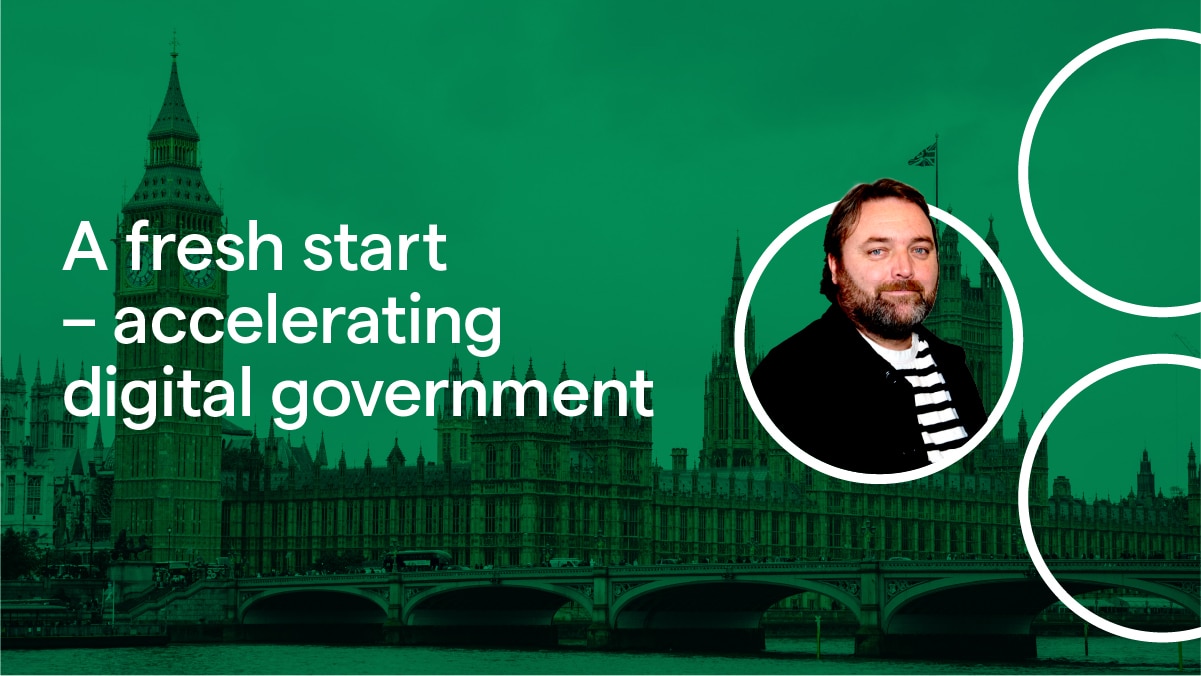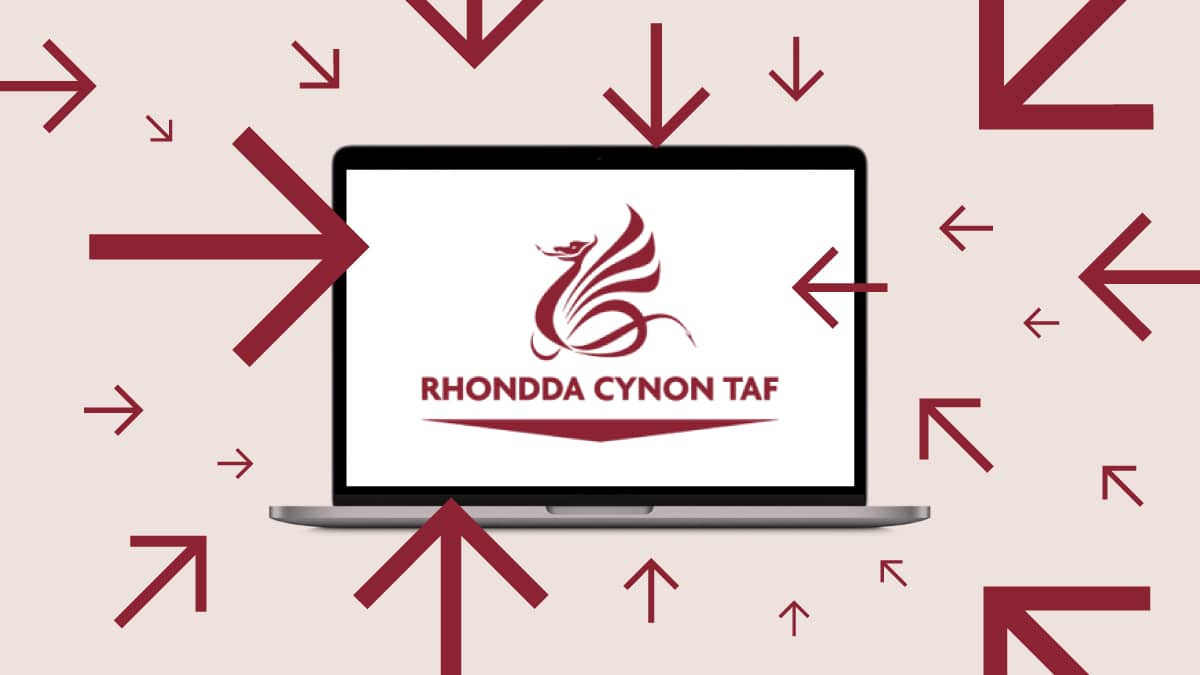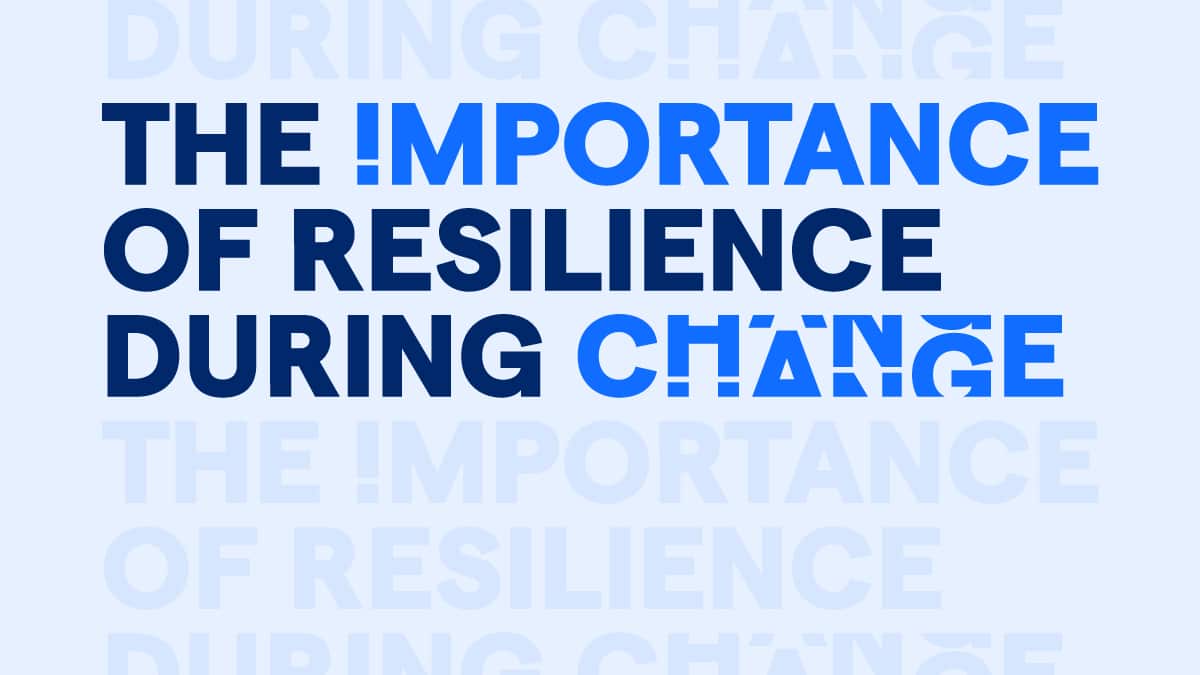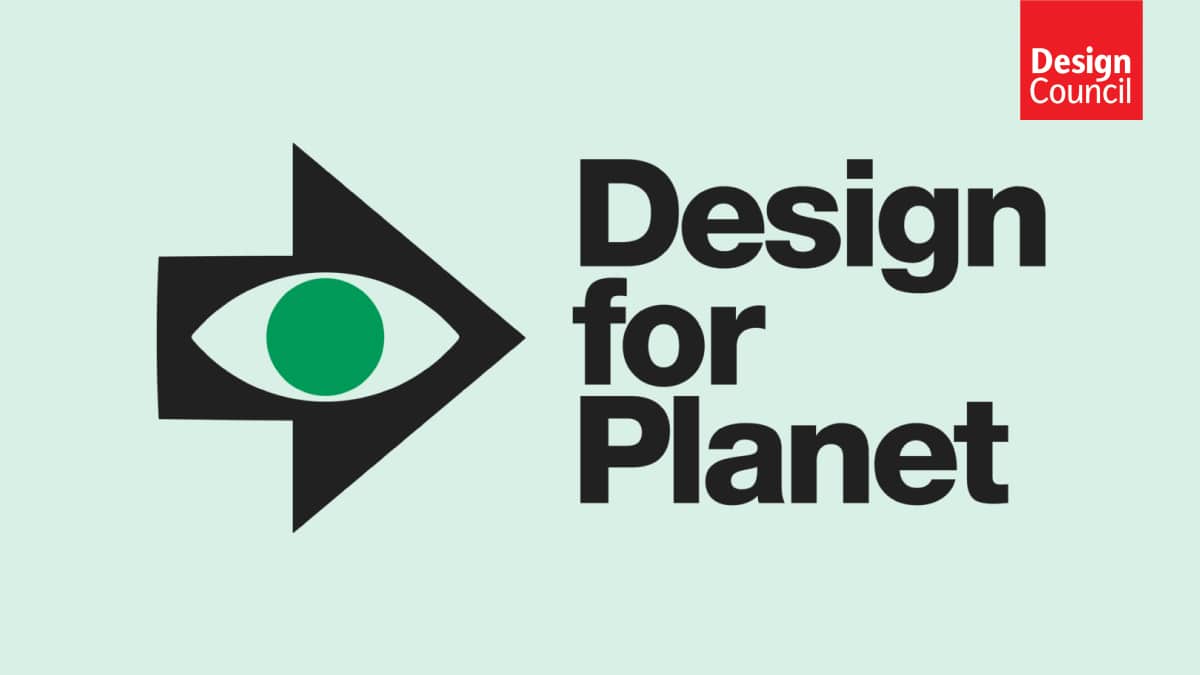Digital Futures in Health: is the focus on real transformation or is it just about tech?
7 min read Written by: Dave Floyd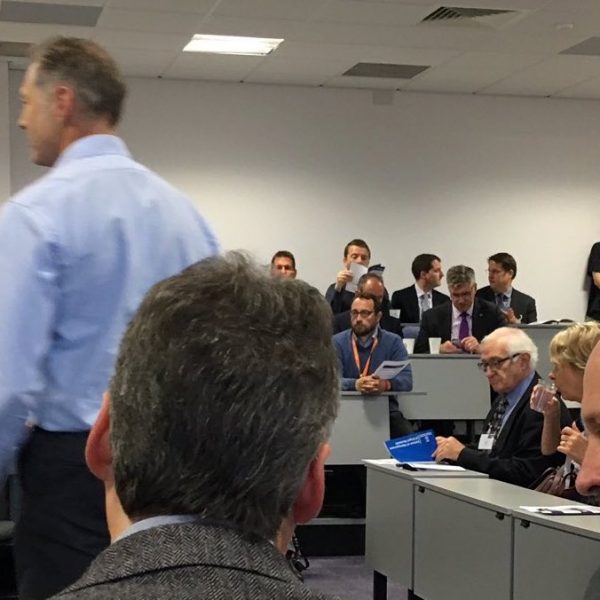
Last week I attended the ‘Digital futures in health and well being: can the public sector survive without them?’ symposium. Held at the Morgan Academy within the new Swansea University Bay Campus, on the outskirts of the city centre, with world class facilities. It’s no wonder that the University is going from strength to strength with this level of investment and it’s fantastic to see their commitment to huge local regeneration projects such as the City Deal and Tidal Lagoon.
There were around 30+ speakers during the course of the day, some in person, others via video, excellently marshalled through a demanding schedule by Adrian Masters.
Technology, just technology
There were some excellent presentations, from printed metal ‘flatpack’ jaw replacements to ‘smart’ hospitals. All of which opened up some really good discussion about the future of technology in healthcare and how it can make the lives of patients and professionals better.
‘Flatpack Jaws’ from Renishaw – easier that to fit than IKEA furniture
There was talk about AI and chatbots, and how these could be used to support, and I mean support not replace, medical professionals in diagnosis. As Dr. Hamish Laing said, there’s a huge shortage of radiologists in Wales, and when a significant % of CT scans require no further action surely there’s a role for AI to support the professionals we have, improving the lives of clinicians and patients alike. But technology is technology and you can only really realise the benefits if you understand how it works within the confines of the system or more radically reimagine the system to work with the technology.
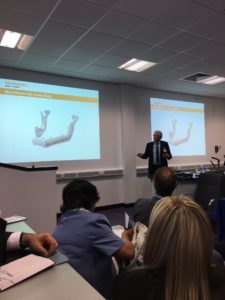
‘Flatpack Jaws’ from Renishaw – easier that to fit than IKEA furniture
Users, citizens, patients? Does it matter as long as their needs come first.
There was one discussion during the day about what we call patients, ultimately I’m not sure it matters in the context of the day, but one thing did strike me, throughout all the sessions there was little talk of users and it took until around lunchtime for the first speaker to talk about services designed with users needs at the forefront of thinking.
We’ve got some really great tech SMEs in Wales, challenging how healthcare is delivered. Companies like Elidir Health, providing an easy to use front end data capture and processing system that allows nurses to spend less time doing admin and more face to face time with patients. Services like this are designed with the end user in mind, this is what digital really is.
Yes, there are data privacy issues, and the time is right for these to be debated and worked through, but as someone said during the day, we give up a bit of privacy every time we visit a doctor or a nurse. We share with them some of the most intimate details of our health and wellbeing, hopefully to help with the collective knowledge of healthcare professionals in finding a cure for what ails us.
To really make the most of services like Elidir Health requires an end to end transformation of the business. What does a reimagined health service look like whereby I, as a user of the service became responsible for my data, afterall surely it is mine to share with whom I chose?
Digital Wales
Minister for Skills and Science Julie James gave us a rundown of progress against the previous Welsh Government’s Digital Strategy, which was largely superfast broadband. She also gave a little insight into the next phase of the Welsh Government Digital Strategy and mentioned the ambition to have a single public service for Wales.
Earlier in the day there was talk of the Estonia model as an exemplar, but also something that we could achieve in Wales. The model of Estonia is one for all countries to aspire to and the people of Wales have the ambition and passion to make that happen. But while people rightly laude e-Estonia for its digital Government very few talk of the real challenges of applying that thinking to an aged legislature. Remember Estonia as a country that gained its independence in 1991, and the forward thinking Government at the time made legislation for the computer age. A lot of our legislation was written long before anyone had conceived that we’d all be walking around carrying supercomputers in our pockets and bags, permanently connected to the rest of the world
This is where the real transformation comes in and this is why digital is about so much more than just the technology. The technology is readily available and fairly easily deployed, the changes in culture, legislature, working practices and anything else you can think of are the real areas where we need investment. This quote from Dr. Hamish Laing summed it up for me, ‘we’re good at investing in tech, not so good at investing in change’.
To be a truly digital nation, to deliver on the bold ambition of a single public service for Wales we need to start investing in change. Understanding who the users are and delivering real and lasting change. Not applying the coolest new tech to problems, but seeking to understand those problems and working with users to develop services that meet their needs.
To achieve this vision we don’t need huge monolithic change programmes, we just need the vision and ambition to push ahead in iterative chunks, learning as we go and creating an environment where it’s ok to fail, as long as we can demonstrate we’ve learned from those mistakes. To quote Thomas Edison ‘I have not failed, I’ve just found 10000 ways that don’t work’, this is the thinking we need to apply to tomorrow’s public services.
Think big, start small and learn fast.
Professor Sir Mansel Aylward
The final roundtable of the day was chaired by Professor Sir Mansel Aylward, chair of the Bevan Commision and Public Health Wales and soon to be one of the first people to sit as a Professor at both Swansea and Cardiff University concurrently. It was an interesting 45 minute discussion with representation from both public and private sector, but the one thing I took away from it was this from Sir Mansel ‘The case for change has been made, let’s get on and make it happen’. Professor Sir Mansel is a distinguished medical professional urging us on to improve public health through digital.
That means looking at more than just the huge advances in technology and applying them to health care, it means looking at the entire system of healthcare in Wales, understanding how these technological changes and advancements can change the way we think and deliver care in Wales. Making a health service that’s driven by the needs of patients, as someone said on the day, ‘we’re only patients when we interact with the system, the rest of time we’re people living our lives’. We need a system that understands that and can deliver.
